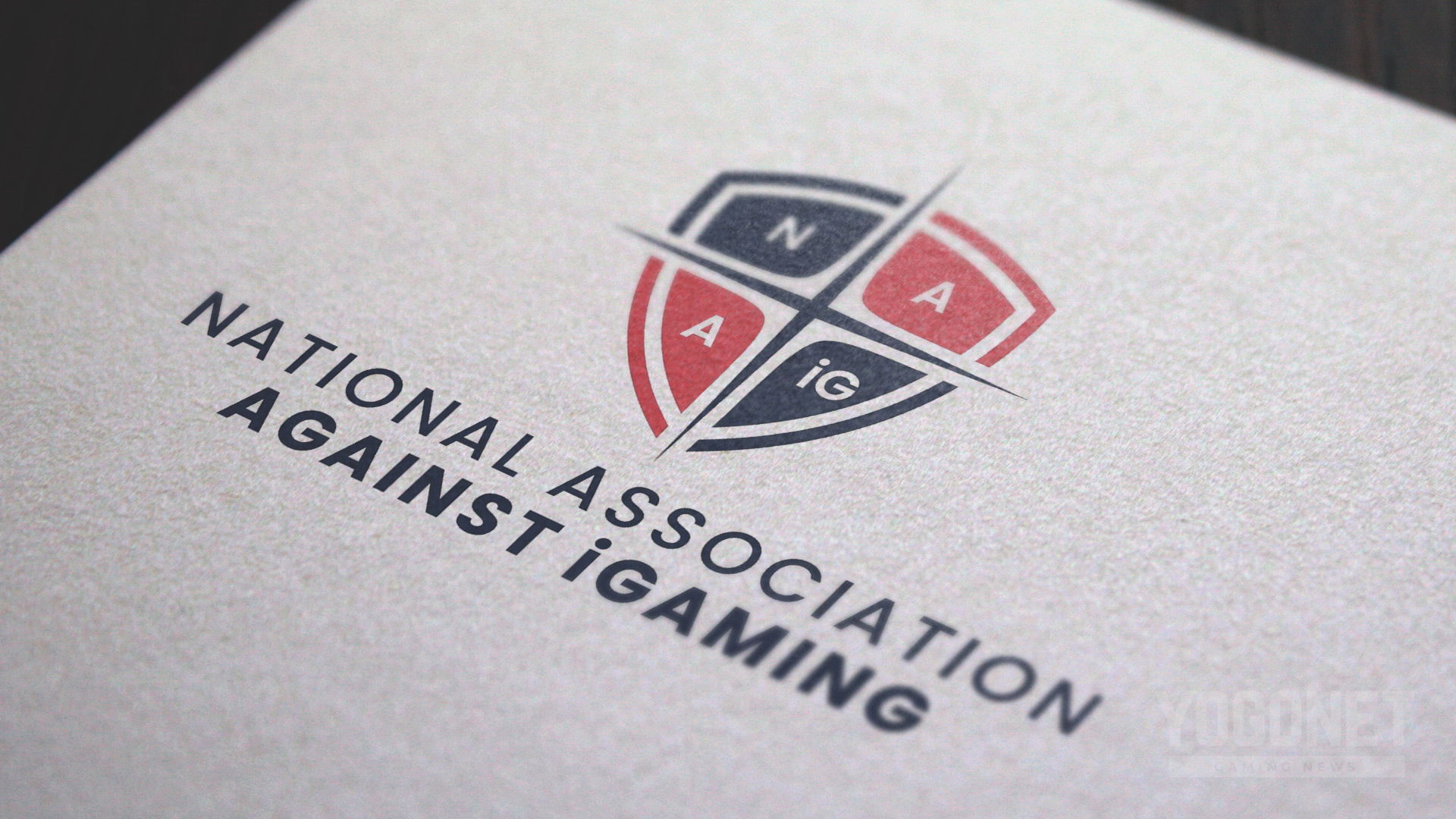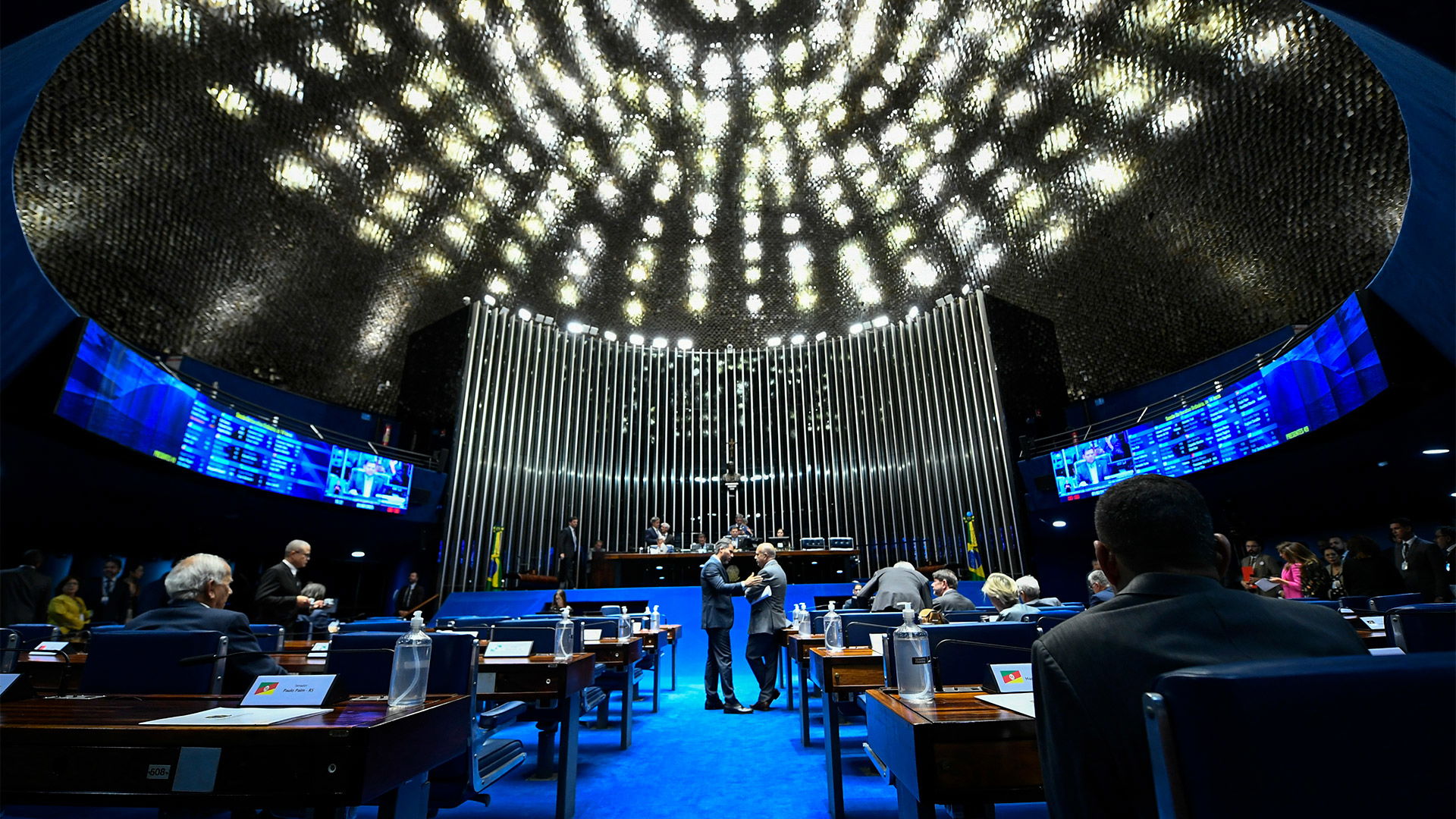GLPI joins anti-iGaming coalition citing risks to land-based operations

Gaming and Leisure Properties Inc. (GLPI) has joined a growing coalition urging regulators and lawmakers to reassess the pace of iGaming expansion, citing concerns over job displacement, reduced tax income, and the weakening of land-based gaming operations.
GLPI, a US real estate investment trust (REIT) focused on the gaming industry, owns 68 properties across 20 states.
Though the company does not directly operate casinos, its revenue is derived from long-term leases with operators of brick-and-mortar gaming establishments. For that reason, GLPI has joined the National Association Against iGaming (NAAiG), citing iGaming’s risks to its business model, tenant performance, and public policy outcomes.
GLPI officially becomes a member of the NAAiG, which includes business leaders, policymakers, labor unions, and local governments. The group opposes the expansion of digital gambling platforms and cites research linking iGaming to job loss, tax revenue decline, and economic disruption in communities that host physical casinos.
“GLPI’s decision to join NAAiG underscores the growing consensus across the industry that iGaming’s risks are real and far-reaching,” said Mark Stewart, a NAAiG board member and Executive Vice President and General Counsel of The Cordish Companies. He added that the future of in-person gaming operations carries broader implications for employment, tax contributions, and local investment.
Other recent additions to the coalition include labor unions UFCW Local 27 and SEATU in Maryland, and the city government of Black Hawk, Colorado. Each has raised concerns over the impact of digital gambling on local economies.
Shannon McCracken, NAAiG board member and Senior Director of Government Relations at Churchill Downs Inc., said iGaming affects the viability of in-person entertainment by threatening jobs, reducing local revenue streams, and affecting long-term investment in destination gaming.
“We’re encouraged to see more industry stakeholders stepping up to protect the future of physical gaming infrastructure and advocate for responsible, community-first policies,” said McCracken.
NAAiG continues to advocate for what it describes as responsible regulation of iGaming to avoid negative outcomes for sectors tied to in-person gaming, such as hospitality, labor, and municipal finance. GLPI’s involvement adds a new dimension to the conversation by representing real estate investment concerns within the debate.

















